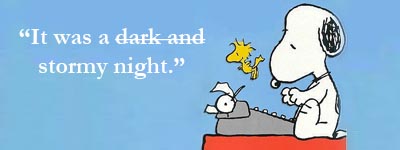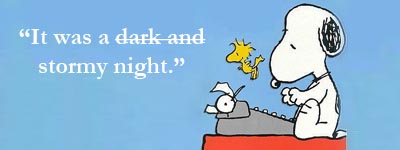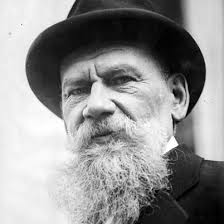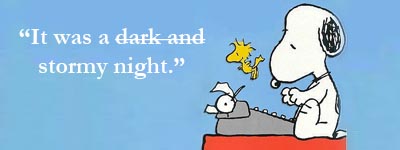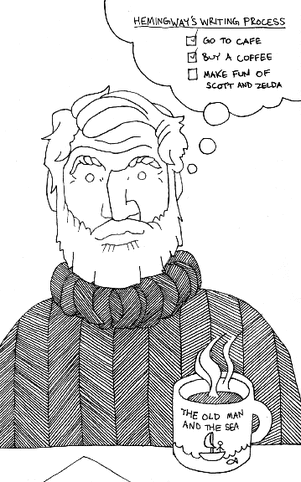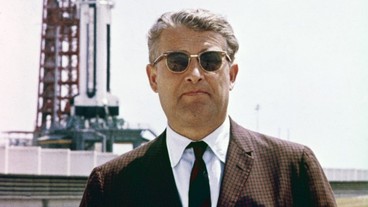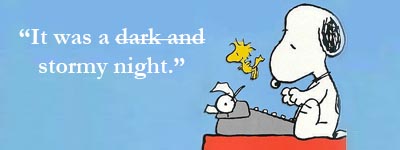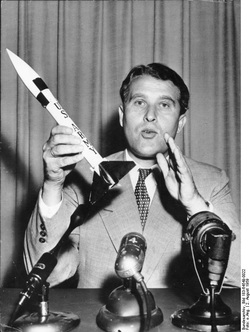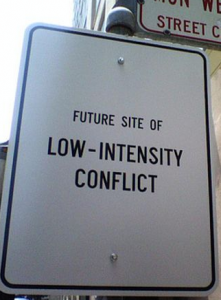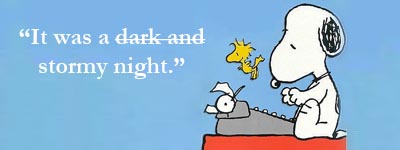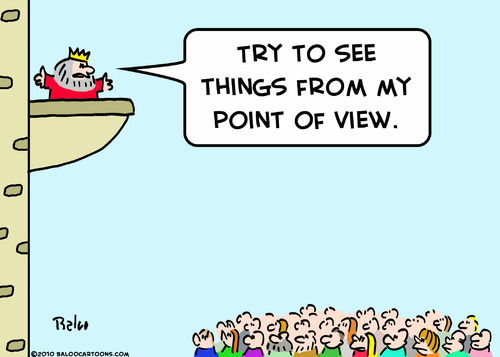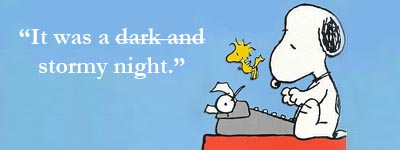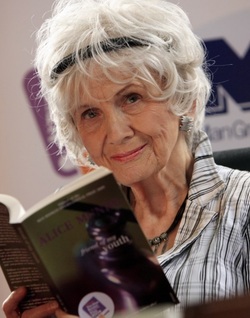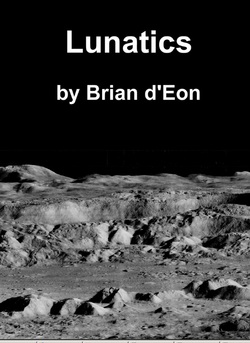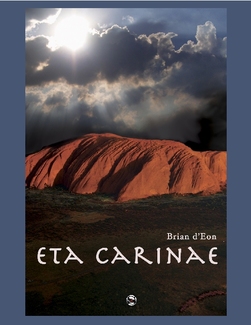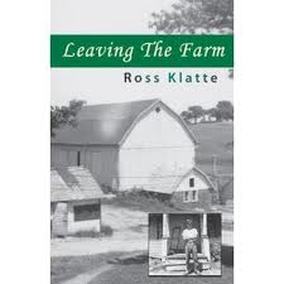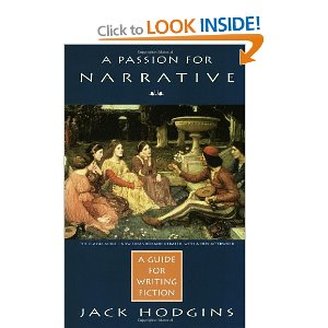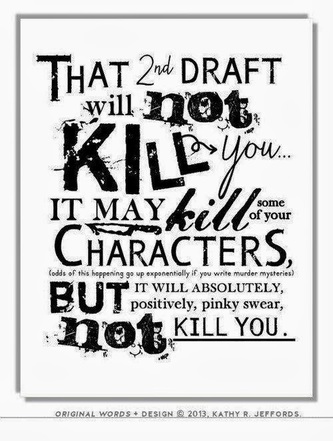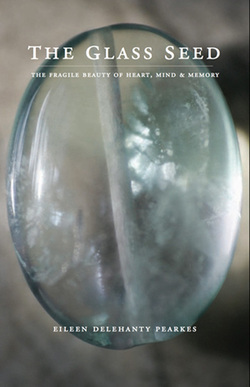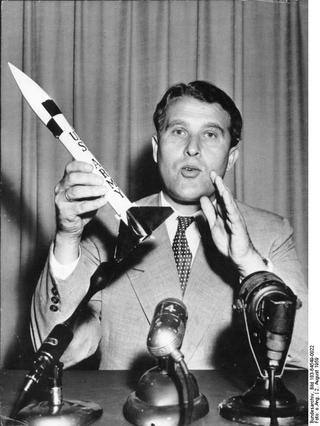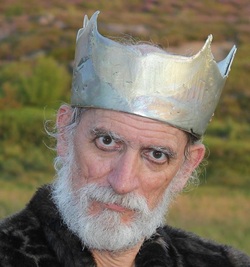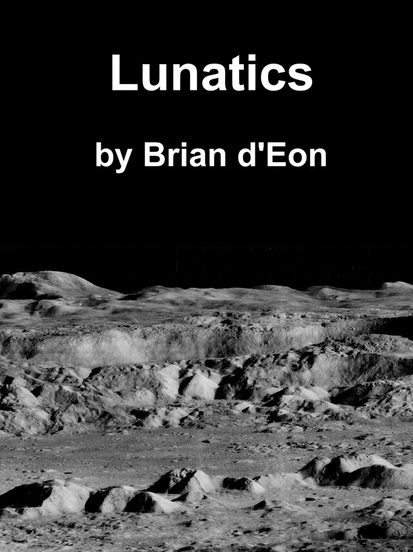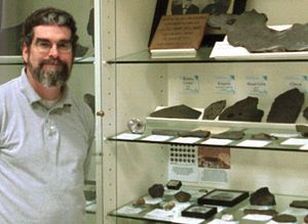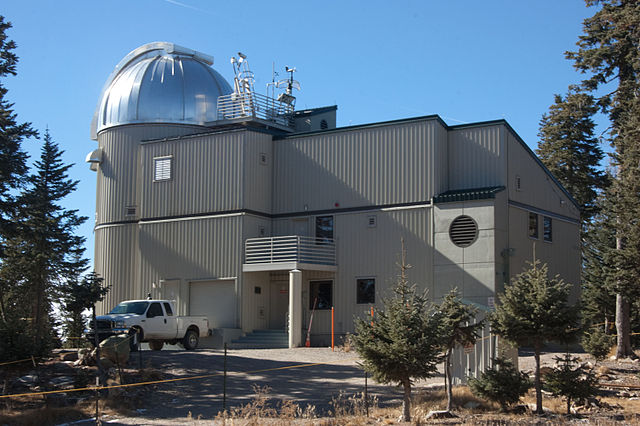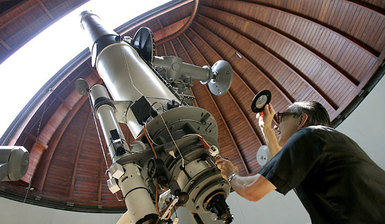
This time my mentor’s comments are fairly brief so maybe I am doing something right at last: “Some good work here. I’ve inserted some notes, mostly minor, but a couple that I think are important, re dreams and flashback.”
My mentor has previously brought up the issue of flashbacks and I have tried to deal with it. I have so many flashbacks in the manuscript. I have tried to get rid of them where possible or write them as separate scenes chronologically in the story. Still more work to do, it seems.
The question of dreams is interesting. My mentor argues that dreams are a cop-out for a writer and a disappointment for the reader. I don’t think I agree with him about this, but this is not the first time I have heard this criticism so, yes, I am doing what I can to eliminate the dreams, though very much against my inclinations.
And maybe this issue is telling me something about the kind of writer I am. Maybe I don’t really want to write “realistic” fiction, maybe I fit more easily into the magical realism genre. And maybe this explains many of my writing problems: the fact that I just can’t decide what genre I belong in—and, proudly (foolishly probably) I have resisted being restricted to any particular genre.
There are five distinct dreams that I write about Lunatics—I suppose that’s a lot--although it does not seem a stretch to me that, for men orbiting the moon, far away from the familiar things of Earth, dreams would take on a larger importance than usual.
